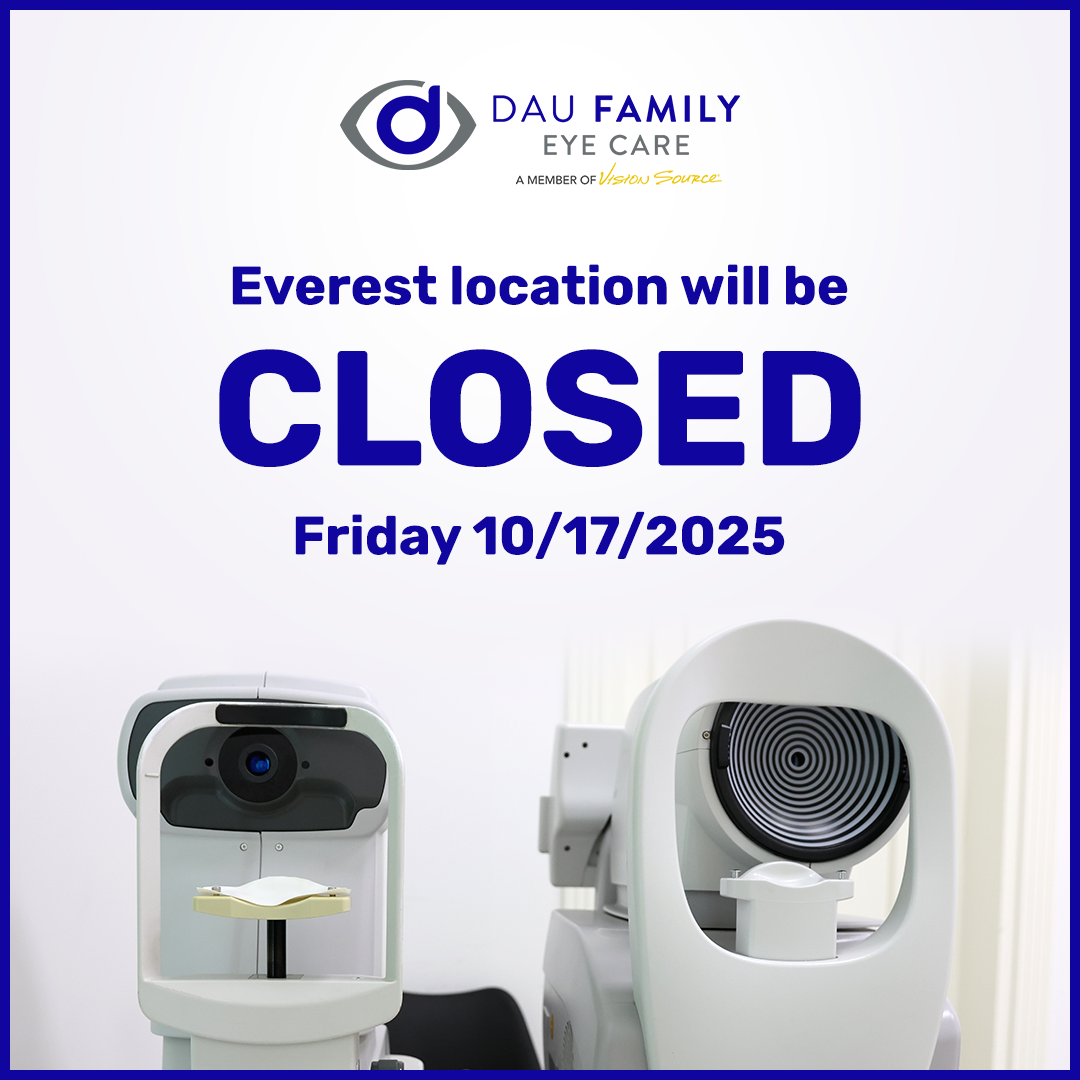
Do you want to see and look better? Do you have an eye condition that makes regular contact lenses uncomfortable or ineffective? Do you want to explore other options besides glasses or surgery? Try specialty contact lenses if you said yes to any of these questions.
Eye doctors tailor-make specialty contact lenses for your eyes. They can fix different vision problems and fit different eye shapes and sizes. They can also give you more comfort, convenience, and style than standard lenses. It would help to explore specialty contact lenses, how they work, and who can use them.
What Are Specialty Contact Lenses?
Specialty contact lenses are different from regular contact lenses in several ways.
they use advanced materials that give you better visual quality, comfort, and eye health.
they match your eye shape, size, and curvature. This ensures they fit snugly and securely on your eyes. This lowers the chance of irritation, infection, or lens movement.
they can fix different vision problems that regular lenses cannot. For example, they can help with astigmatism, presbyopia, keratoconus, dry eyes, or postsurgical issues.
How Do Specialty Contact Lenses Work?
These lenses work by changing the way light enters your eyes and reaches your retina. Depending on your vision problem and lens type, they can either vary the shape of your cornea or make a new refractive surface on top of your cornea. This causes light to focus more precisely on your retina, giving you clearer and sharper vision.
Who Can Use Specialty Contact Lenses?
These lenses can help anyone who wants to improve their look and vision. But they are beneficial for people with one or more of these conditions:
Astigmatism
This is when your cornea or lens has an uneven shape, making your vision blurry or distorted. Specialty contact lenses can fix astigmatism by creating a smooth and even surface on your eye.
Presbyopia
This is when your lens loses its ability to focus on close objects as you age. Specialty lenses can fix presbyopia by giving you different powers for near and far vision.
Keratoconus
This is when your cornea thins and bulges into a cone shape, distorting your vision. Specialty lenses can fix keratoconus by supporting and reshaping your cornea.
Dry Eyes
This is when your eyes do not make enough tears or have poor tear quality that makes your eyes irritated, red, or blurry. Specialty lenses can fix dry eyes by keeping moisture and protecting your eyes from the environment.
Postsurgical Complications
This is when you have leftover refractive errors or irregularities after eye surgery. Specialty lenses can fix postsurgical complications by fine-tuning your vision and smoothing out irregularities.
Conclusion
Eye specialists make specialty contact lenses just for you using advanced materials that provide better vision quality, comfort, and eye health. They design the lenses to match your eye shape, size, and curvature. These special features allow them to correct vision problems that regular lenses cannot. If you want to try specialty contact lenses, schedule an appointment with an eye doctor today. They will examine your eyes and recommend the best lens option for you.
For more information on specialty contact lenses, visit Dau Family Eye Care at our St. John’s, Florida, office. Call (904) 713-2020 to schedule an appointment today.





